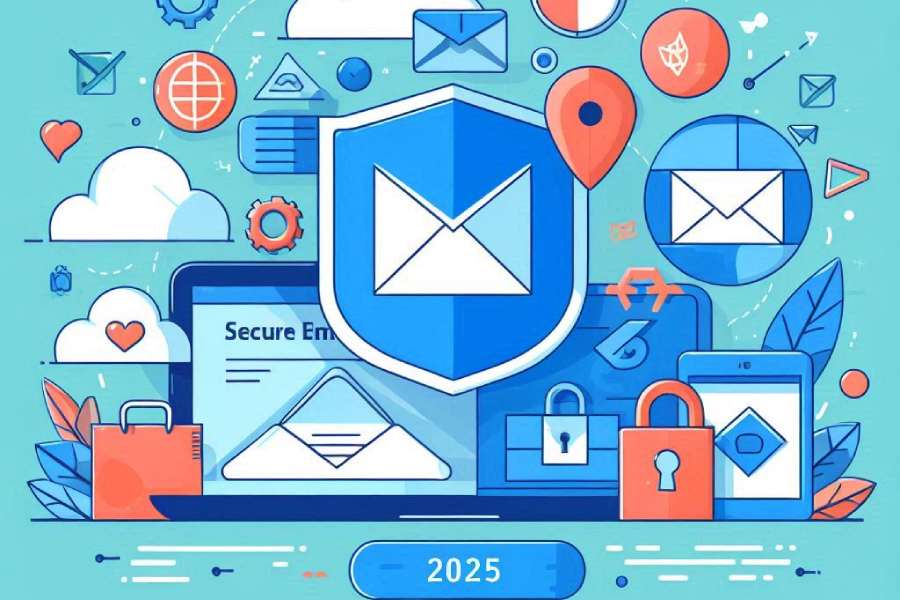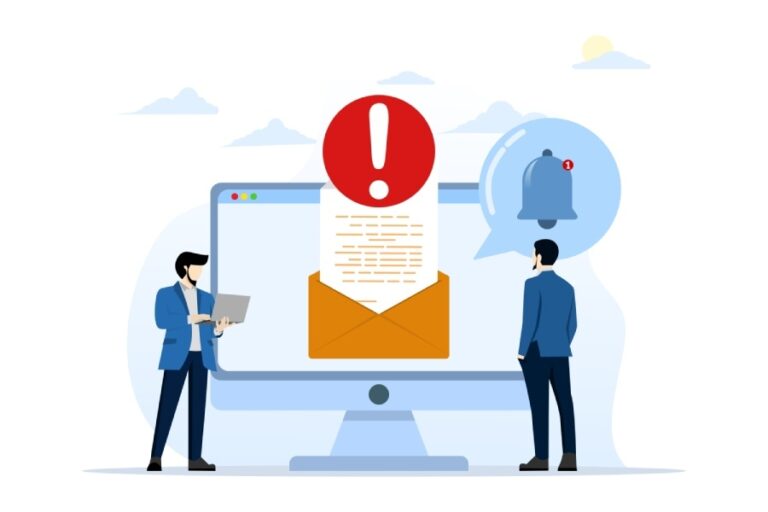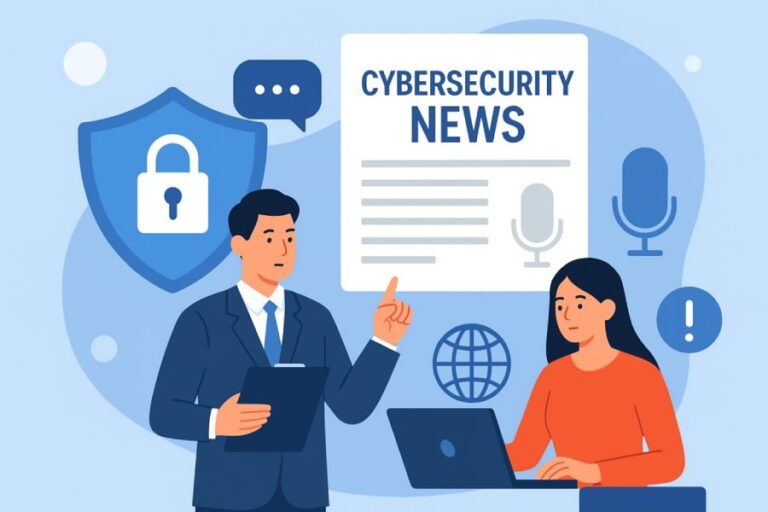The relevance of secure emails in 2025!
Gone are the days when emails were limited to sharing messages and important files or confirming meetings. Today, email serves a broader purpose; it is more about branding, handling crucial business operations, confirming substantial payments, and building a reputable relationship with clients. So, there’s a lot that happens in an organization’s mail ecosystem that can make or break its security game.
Cyber actors recognize this reliance and understand that emails are one of the most vulnerable attack vectors. For such cyber attackers, a well-composed email resembling an authentic human writing is more than enough to get started. They can victimize you with fraudulent URLs directing you to cloned websites, malware-infected files, phishing messages, and even AI-generated video attachments, posing a threat to your brand’s identity. And once it’s done, you will be on the unfortunate side of being technically hijacked.
Now, the question comes as to how you will safeguard your brand’s integral ecosystem and maintain credibility for investors, prospects, clients, and stakeholders? Well, that’s what this blog covers. It discusses the suitable tools and best practices for protecting email communication and authenticating yourself as a legitimate sender.
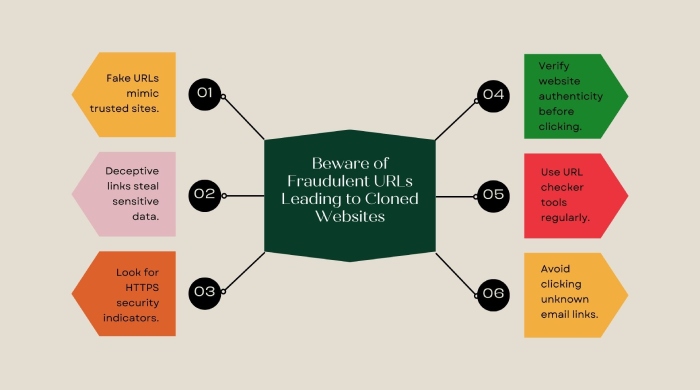
What is email security?
Email security involves protecting your email-sending domain with the best possible tools, ensuring it is exclusively accessible within your organization. Therefore, when anyone receives an email from your end, they should have the trust and confidence to open it without hesitation.
Without relevant email security tools and measures in place, your email infrastructure is likely to be vulnerable to phishing and spoofing attacks.
Email security includes maintaining your reputation by strengthening your domain with protective protocols. It’s about putting the right things in the right place. Therefore, tools such as SPF (Sender Policy Framework), DKIM (DomainKeys Identified Mail), and DMARC (Domain-based Message Authentication, Reporting, and Conformance) are crucial for repelling phishing and spoofing attacks.
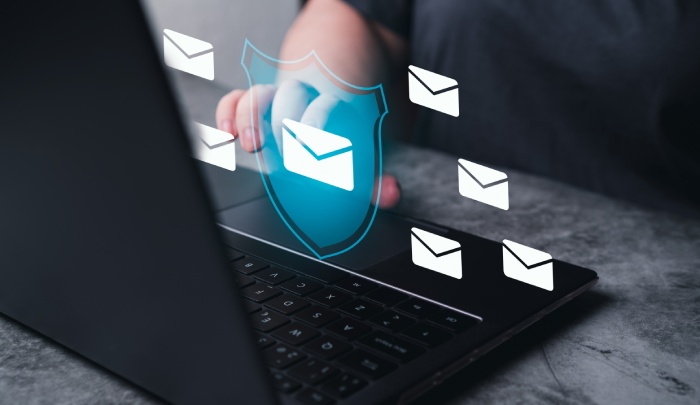
Why do you need email security?
Email security is required within your organization to protect sensitive business information and data from being compromised by cybercriminals. Furthermore, it’s about safeguarding the brand’s identity, maintaining its integrity, and ensuring healthy business relationships. Here are the main reasons for you to invest in email security-
Threat spotting and prevention
The majority of attacks nowadays begin with a malicious email, as email-based attacks are extremely common.
Phishing attempts, spoofed emails, virus attachments, and fake URLs are all commonly sent via email. Additionally, your emails are more vulnerable to being used as access points if you don’t have authentication and security procedures in place. Attackers can easily bypass basic security layers and send emails that appear authentic to your partners, clients, or staff.
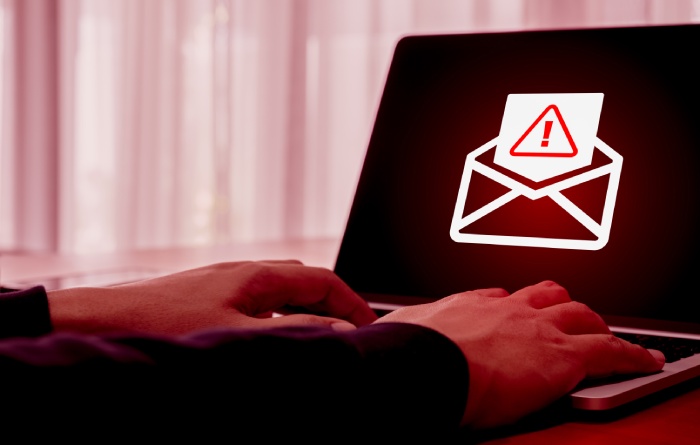
Quicker and smoother email management
Protecting your emails isn’t just about security tools—it’s also about smart email management. Tools like SPF, DKIM, and DMARC don’t just block spoofing and phishing; they also help you take control of your email setup.
With DMARC, for example, you get regular reports that show who’s using your domain. This way, you can identify issues early and address them before they become significant problems.
Maintaining the brand’s authenticity and integrity
If someone sends a fake email pretending to be you, it can harm your image and break your clients’ trust. Just one email with a bad link is enough to raise doubts.
But when you stay on top of your emails and protect them from phishing or spoofing, you show people they can trust you—and that makes your whole email system safer and stronger.
Enhanced deliverability of emails
Even your legitimate emails can occasionally end up in spam. This occurs as a result of improper domain authentication.
Email service providers (ESPs) have become stricter with email security, and therefore, they consider emails lacking SPF, DKIM, and DMARC authentication as unreliable. This implies that some of your important messages may never reach the recipient.
Therefore, by implementing these protocols, you enhance your domain’s reputation in the eyes of these ESPs, which in turn increases the likelihood of your emails being successfully delivered to your intended recipients.
Measures to ensure your email ecosystem is secure!
Email security is essential for both compliance and safeguarding your company’s reputation, data, and clients. So, how can you then tick off each of these boxes?
For safe and reliable email communication, follow these best practices:
Adding layers of protection will work
Your email account is no longer sufficient to protect your messages. You need multiple layers of protection for your email environment to ensure no one intercepts and alters your emails. It’s recommended to use multifactor authentication and TLS for encryption, while also regularly updating your email security configurations.
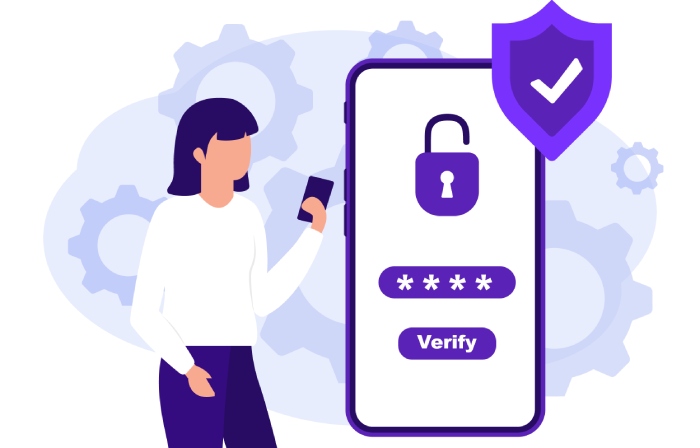
Use email authentication protocols
Now is the right time to set up SPF, DKIM, and DMARC for your email domain if you haven’t already done so. These three tools work together to prove your emails are really from you, and not from someone pretending to be you. They help your emails reach inboxes, protect you from spoofing, and build trust with your readers.
Email security should be a habit
Make it a habit to protect your emails. Email security isn’t something you set once and forget — it needs regular care. That’s why it’s smart to regularly check your DMARC reports, review who’s sending emails on your behalf, and ensure your security settings are up to date.
Also, encourage your team to remain vigilant, report any suspicious activity, and prioritize email safety.
Need help setting up email security? Just reach out — we’re here to help.

